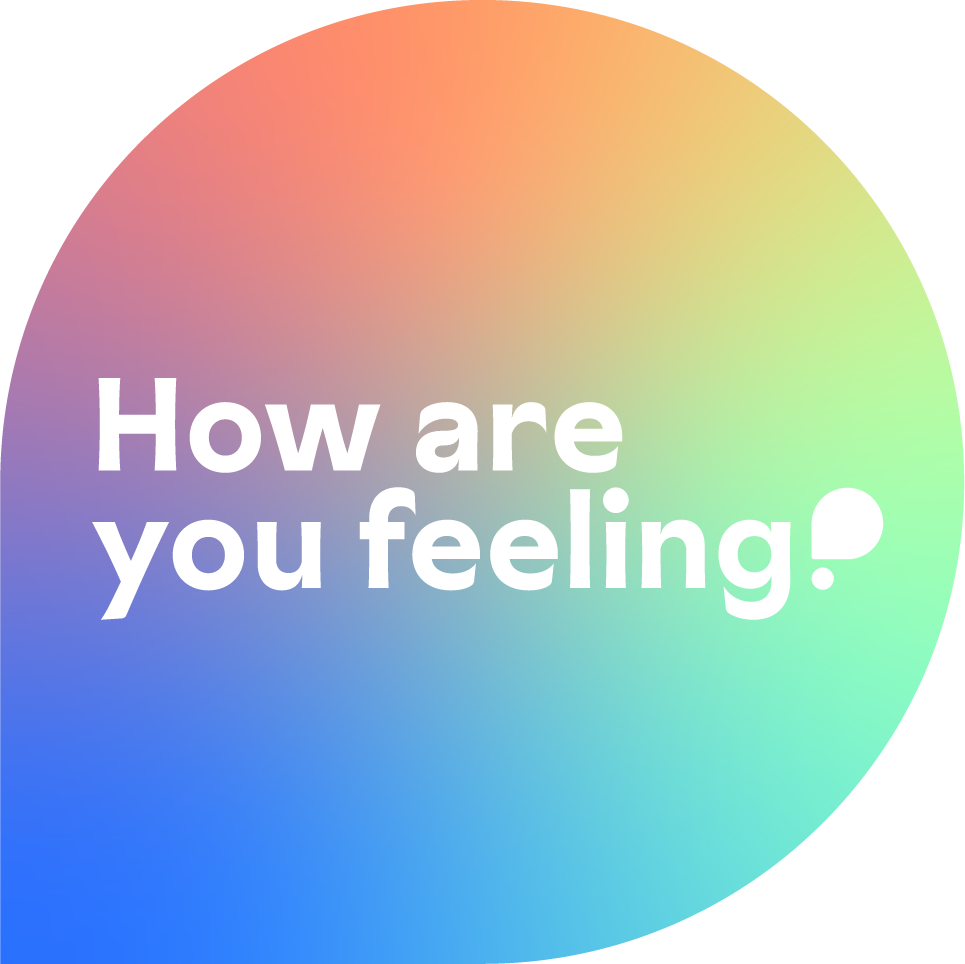My Inspiration Behind Changing the Way Kids Understand Their Emotions
Have you heard the saying that girls are more manageable in the first ten years and boys are easier in the second ten years? This was definitely the case with our kids. Maddie slept through the night at five weeks. Meanwhile, Zac and Sawyer didn't sleep through the night until they were two. Maddie could entertain herself by leafing through books for hours if we let her. The boys were rambunctious and always full of beans and tons of energy. When Maddie turned eleven, we moved to a new town. She had to go to a new school, which is challenging for any kid. Then her parents separated, and her life was turned upside down. This was all exacerbated as she hit adolescence. All those things alone are challenging enough, let alone when they're all stacked on top of one another. Maddie didn't have time to properly process the emotions associated with all these life-altering events. As a parent, you try to support your children as best you can, but there's no best practices handbook when your child is facing all these monumental life-changing events. Helping our kids understand and process their emotions is a skill in your kids' toolbox that will serve them for the rest of their lives.
Helping Kids Better Understand Their Emotions
As a parent, it can be heartbreaking to watch your child struggling. It can be even more challenging to figure out how to help. Are we adequately equipped to even teach them? Most of us grew up trained to suppress our feelings and move on, only to be handcuffed by those unprocessed emotions later in life.
"94% say what they have learned in school has NOT adequately prepared them to deal with their mental and emotional health."
Are they learning about emotional awareness and how to properly process their emotions in school? So far, we have learned from our student focus groups that 94% of our participants say "they strongly agree or agree that what they have learned in school has NOT adequately prepared them to deal with their mental and emotional health." This includes a significant number of kids that attend private schools that feel they have a very comprehensive mental health program. That is a powerful statistic that indicates what kids are learning in school about emotional health is not working or ineffective. Consequently, 96% of our program's participants feel confident or very confident that if they were to experience an emotional or traumatic event, they felt they would be better equipped to handle it than before taking the How Are You Feeling program.
Current Methods of Teaching Emotions are Ineffective
Emotional intelligence has become one of the most essential skills that a person can possess. In today's world, we are constantly bombarded with emotional stimuli, and it can be challenging to navigate these waters without the proper tools. Unfortunately, emotional intelligence is not something that is typically taught in schools. Instead, emotional awareness is often presented as the goal, with students being encouraged to simply label their emotions. However, this does not lead to a fundamental understanding of emotions or how to deal with them effectively. As a result, current methods of teaching emotions are ineffective and leave many people ill-equipped to deal with life's challenges. It is time for a new approach focusing on emotional intelligence and providing people with the skills they need to thrive in an increasingly complex world.
"97% felt they would be better equipped to handle a traumatic event than before taking our course"
How Does the How Are You Feeling Program Work?
Howareyoufeeling.org has found an innovative way to teach 33 evidence-based emotional concepts to youth, teens, young adults and parents. This program will help them process their feelings through their educational and developmental years. We don't have to wait for a crisis to learn about these emotional concepts. By using engaging clips from television and movies, the kids stay engaged and actively learn the concepts in a way that they can apply to their lives. Many examples of people working through their feelings to integrate difficult life situations, thus creating emotional growth and clarity.
This video series is an excellent foundation for social-emotional learning (SEL). It helps the students move from regulating techniques to understanding how to get through their feelings by processing them. The many examples pass on permission to feel and an understanding that being authentic about their feelings is empowering. This allows the individual to acknowledge and understand their feelings, which is all part of the healing process.
The Data Tells an Interesting Story
Are we completely objective about our program? Likely not. We feel we have something very unique. This is being further validated by the kids going through our program. Kids spending their summer vacations going through a program dealing with their emotional awareness. This would likely is no kids' dream vacation, yet kids thank us for teaching something that they feel will enhance their lives. 82% of our kids say they enjoyed or really enjoyed our program. This comes from an audience with an average attention span of eight seconds.
It's Not All Unicorns and Rainbows
We tasked the kids to be critical when we embarked on this research project. Our message to the kids is to make this program the most effective, engaging and entertaining program available. To do this, we needed them to be ruthlessly critical. We wanted to hear the good, the bad and the ugly. We heard about some repetitiveness. We heard that some of the content could be more up-to-date and relevant. We heard about some scenes that weren't appropriate. We took notes.
We Still Have Kids Going Through our Program
We still have new groups going through our program, and we will continue to listen to their feedback. We will continue to collect data. We will continue to strive to make this program the most compelling course to teach kids about emotional awareness and how to properly process these emotions. If you have a teenager interested in going through our program, you can register here.
Conclusion
Maddie will always be the inspiration behind my involvement in this project. I'm constantly questioning what we could've done differently. I wondered if this program would've made a difference in her life. Would this have made a difference in how Maddie saw the world through the eyes of a hurting 14-year-old? I like to believe it would've helped.
We need to do better. We need to find a way to help kids learn how to regulate their emotions and develop healthy coping mechanisms. It will take more than just telling kids not to be angry or sad. They need to understand why they feel the way they do and need concrete skills to help them navigate life's challenges. If we can provide this kind of support for our teenagers, we may prevent them from feeling so lost and alone in the world. We may have to mourn one less Maddie in this world, and that's all the inspiration I need.

